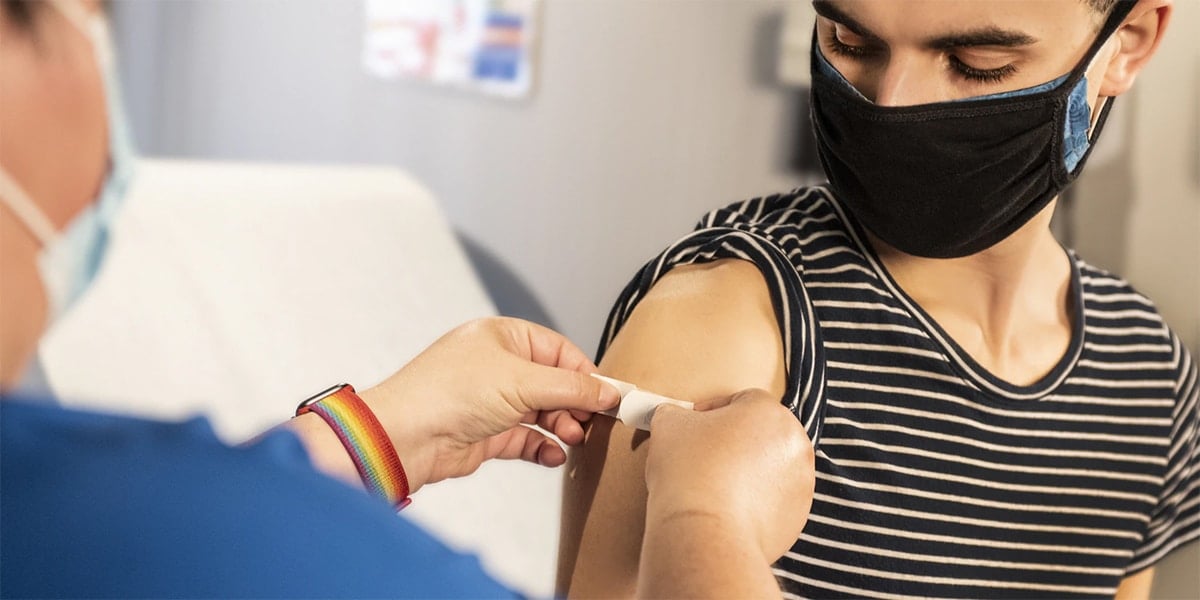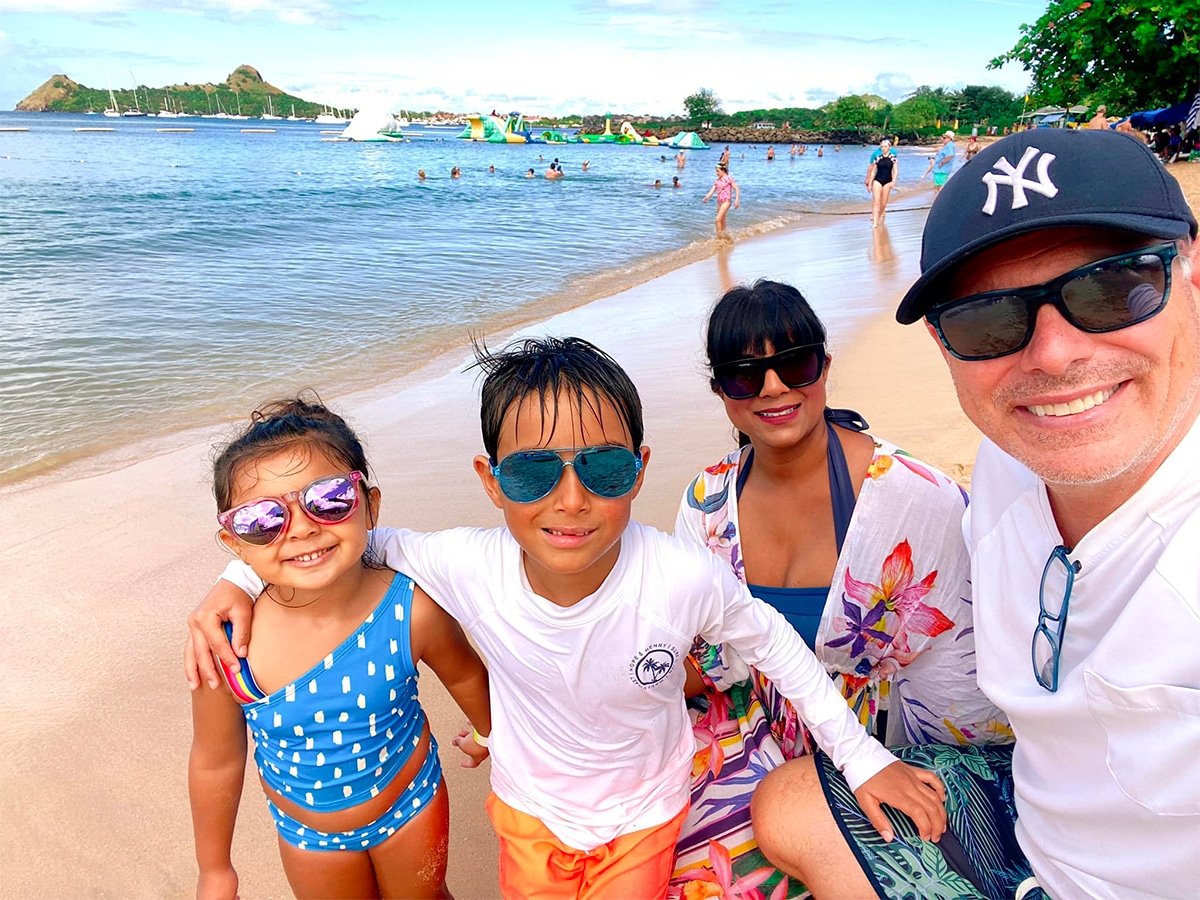 Thanks to the three COVID-19 vaccines that are currently being administered all around America, the U.S. is definitely seeing an uptick in travel. Just check out the TSA’s daily throughput numbers. Four out of the seven days in March have seen more than one million people pass through daily, including 1,277,719 yesterday, Sunday, March 7.
Thanks to the three COVID-19 vaccines that are currently being administered all around America, the U.S. is definitely seeing an uptick in travel. Just check out the TSA’s daily throughput numbers. Four out of the seven days in March have seen more than one million people pass through daily, including 1,277,719 yesterday, Sunday, March 7.
My dad is one of the many millions of Americans who have been fully vaccinated and he has been for almost a month now. According to NPR and the CDC, “more than 90 million doses have been administered, reaching 17.7% of the total U.S. population.” Unfortunately, just because you’ve been vaccinated, it doesn’t mean you can go to wild parties like my dad thinks.
I have multiple friends who are doctors or emergency workers and they say that despite being vaccinated, life hasn’t changed much for them compared to a couple of months ago. They still wear their masks, obey social distancing guidelines and don’t expose themselves to unnecessary threats because there are still so many unknowns. For instance, even once you’ve been vaccinated, you can still transmit the virus to others who have not been. And how effective are the vaccines against these more contagious and possibly deadlier variants?
But if you have been fully vaccinated, there’s definitely a much lower risk of you catching and transmitting the virus, which is why some airlines (Qantas), countries, destinations, islands and cruise lines have announced that only vaccinated travelers will be welcomed.
RELATED: Where is the Best Source for Current Information for COVID Testing for Travel?
Today, the CDC just released the highly anticipated guidelines for when you’ve been fully vaccinated. For starters, they define being fully vaccinated as “2 weeks after their second dose in a 2-dose series, like the Pfizer or Moderna vaccines, or 2 weeks after a single-dose vaccine, like Johnson & Johnson’s Janssen vaccine.”
If you’ve been fully vaccinated:
-You can gather indoors with fully vaccinated people without wearing a mask.
-You can gather indoors with unvaccinated people from one other household (for example, visiting with relatives who all live together) without masks, unless any of those people or anyone they live with has an increased risk for severe illness from COVID-19.
-If you’ve been around someone who has COVID-19, you do not need to stay away from others or get tested unless you have symptoms. However, if you live in a group setting (like a correctional or detention facility or group home) and are around someone who has COVID-19, you should still stay away from others for 14 days and get tested, even if you don’t have symptoms.
You can read the rest of their guidelines here but again, they warn that just because you’ve been fully vaccinated, it doesn’t mean you can pretend it’s 2019. The CDC says, “After you’ve been fully vaccinated against COVID-19, you should keep taking precautions in public places like wearing a mask, staying 6 feet apart from others, and avoiding crowds and poorly ventilated spaces until we know more.”








You sound like you have a funny Dad! Party animal at 92!
Good explanation Johnny intertwined with your subtle humor.
By the way when are we going to be able to party like it’s 1999?!
Not planning on getting it based on that.